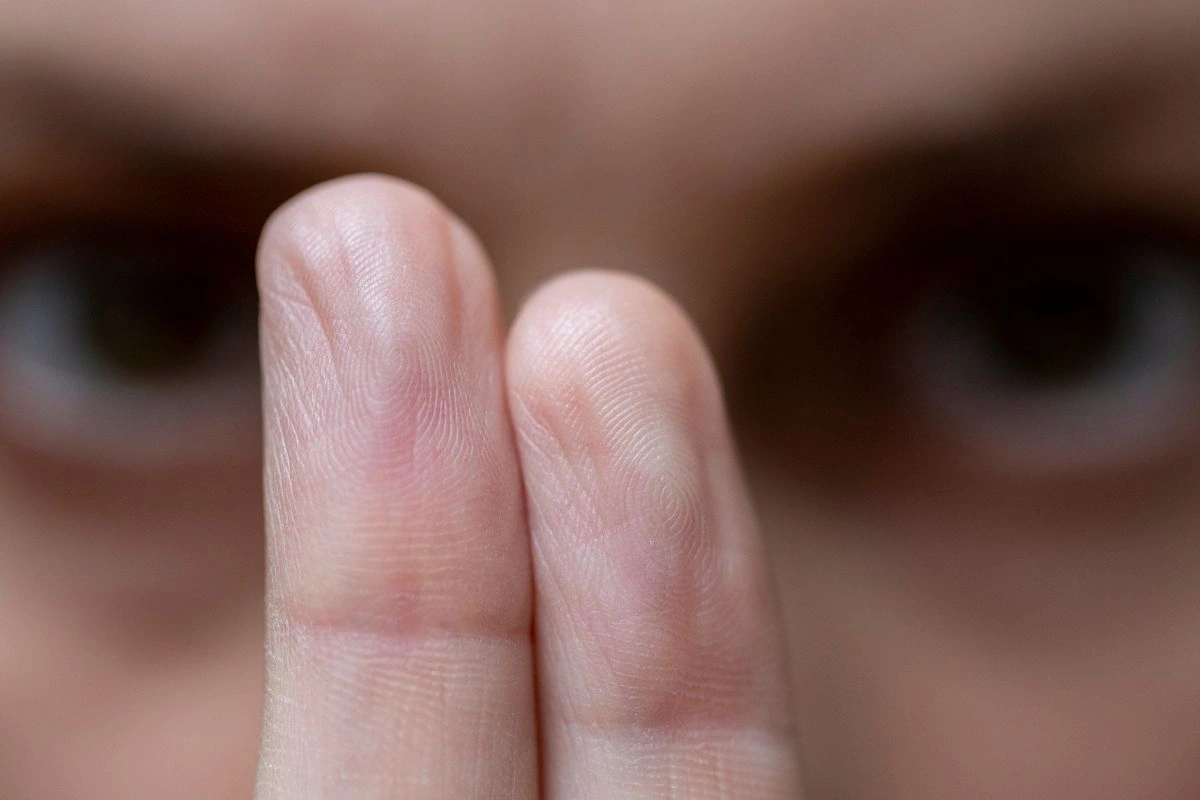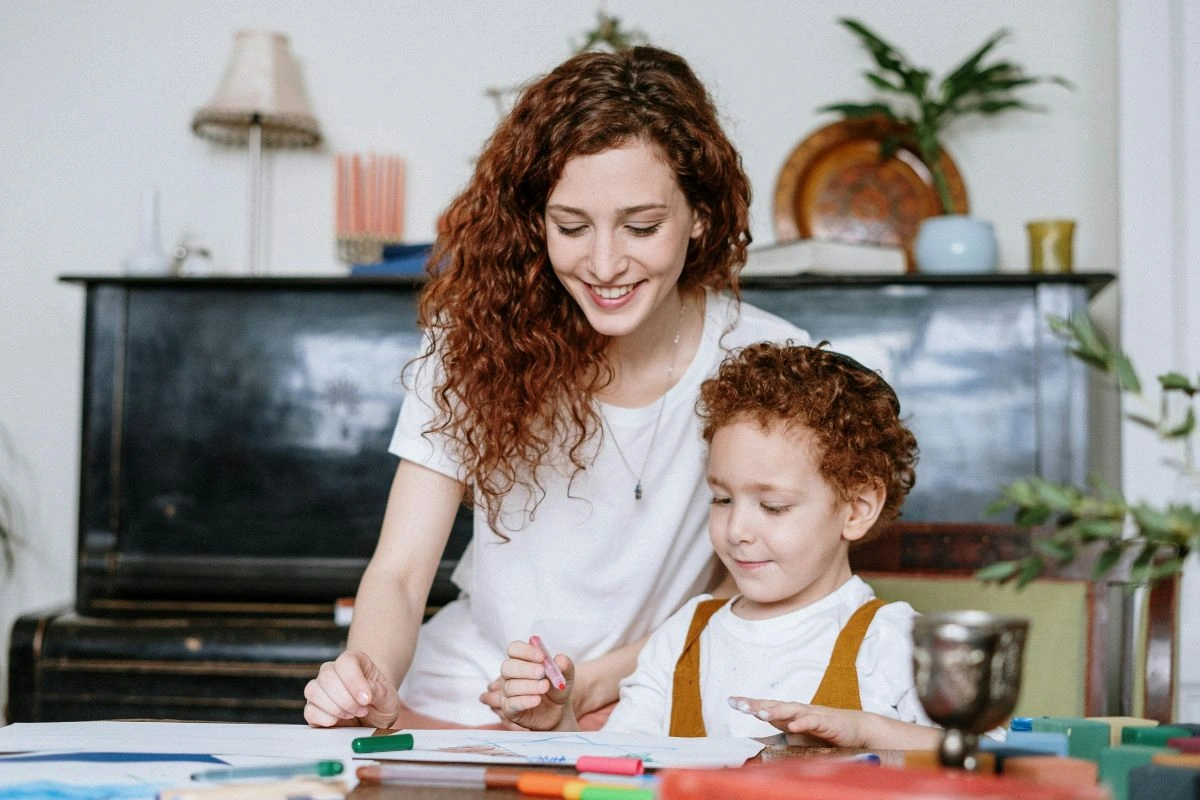What Is EMDR Therapy and How Can It Help You Heal?

Healing from trauma can feel like standing at the edge of a vast ocean. You want to move forward, but the waves of memory, fear, and uncertainty hold you back. At Unfurl in Cairns, we understand how overwhelming this can feel. That’s why we offer EMDR therapy – a gentle, evidence-based approach designed to support healing without forcing you to relive every painful detail of your past.
What Is EMDR Therapy?
Eye Movement Desensitisation and Reprocessing (EMDR) is a therapeutic method recognised worldwide, including by the World Health Organization and Australian Psychological Society. It helps your brain reprocess distressing memories so they lose their emotional charge. Instead of staying stuck in the same cycle of fear or sadness, EMDR allows your mind to file away past experiences more adaptively.
Unlike traditional talk therapy, EMDR doesn’t require you to speak at length about your trauma. It uses bilateral stimulation – like guided eye movements, tapping, or tones – to engage both hemispheres of your brain. This process helps your nervous system integrate the memory and shift how you respond to triggers in everyday life.
At Unfurl, we’re trained and skilled utilising EMDR with adults, teens, and children. Our approach honours each client’s pace and preferences, making the process as safe and supportive as possible.

Why More People Are Turning to EMDR for Trauma Recovery
Healing Without Retelling
One of the biggest fears people have about therapy is being asked to revisit painful memories in detail. EMDR offers a way to process trauma without needing to recount it all. This makes it an ideal option for clients who feel nervous about traditional approaches or have experienced retraumatisation in the past.
Effective for a Range of Challenges
EMDR was originally developed to treat PTSD, but its benefits extend to many areas, including:
- Childhood trauma
- Perinatal anxiety and depression
- Parenting overwhelm and burnout
- Phobias and panic attacks
- Grief and loss
- Relationship difficulties and emotional reactivity
By targeting the underlying memories and emotional responses, EMDR helps people break free from patterns that hold them back.
Trauma-Informed and Gentle
At Unfurl, therapy is never rushed. You remain in control, choosing when and how you wish to engage in EMDR processing. This trauma-informed approach respects your boundaries, so you feel empowered rather than overwhelmed.

The Unfurl Difference: Compassion Meets Expertise
Founded by Jakara, a therapist with both professional and lived experience of trauma, Unfurl was created to fill a gap in holistic, family-centred support. Our practice is designed to be a safe harbour for women, parents, and children navigating emotional pain and seeking a better future.
We’re here to:
- Provide a nurturing space free of judgment
- Support parents through postnatal and parenting challenges
- Help children and teens process difficult emotions
- Empower families to build healthier patterns together
Supporting Families and Children
Many parents are surprised to learn how EMDR can help their children. Young people often lack the words to describe what they’re going through, but EMDR works with their natural capacity to heal. Through creative and play-based methods, we help children process big feelings in ways that feel natural and safe.
Parents, too, benefit from EMDR as they work through their own triggers and patterns. This healing creates space for more connected and harmonious family relationships.

EMDR for Mothers and Perinatal Mental Health
Pregnancy, birth, and early parenting bring profound changes. For some, these transitions are marked by anxiety, depression, or traumatic experiences. EMDR offers a gentle, non-invasive way to support mothers as they process these challenges, fostering stronger bonds with themselves and their children.
What to Expect During EMDR Therapy
Step 1: Exploring your goals and needs
Our journey begins with compassionate conversations about your experiences, hopes, and goals. Together, we’ll map out a therapy plan that honours your story and supports your wellbeing.
Step 2: Safety and Stability
Next we focus on increasing your sense of safety and supporting you to feel stable in the present. You’ll learn grounding techniques and coping strategies that help you feel calm and steady, ensuring we have a strong foundation to move forward.
Step 3: Memory Processing
When you feel ready, we explore current triggers, past experiences and how they have shaped how you think and feel about yourself. Using bilateral stimulation, your brain processes stored memories in a way that reduces their emotional intensity and impact. You’ll be supported to feel safe, present and in control the entire time.
Step 4: Integration and Growth
As your nervous system settles and memories lose their charge, we help you embed positive changes into your daily life. This phase is about strengthening your resilience and supporting your long-term growth.
Could EMDR Be Right for You?
EMDR might be a good fit if you:
- Feel stuck in past events or patterns
- Experience flashbacks, anxiety, or emotional overwhelm
- Want to heal without speaking in detail about painful memories
- Struggle with parenting challenges linked to unresolved trauma
- Seek a gentle, non-judgmental therapeutic approach
At Unfurl, we believe healing happens best in a supportive, respectful environment where your pace sets the rhythm.
Common Questions About EMDR Therapy
Is EMDR Safe?
Yes, EMDR is evidence-based and considered safe for most people. At Unfurl, we tailor each session to your unique needs, ensuring emotional safety is our priority.
How Many Sessions Will I Need?
Every journey is unique. Some clients notice changes after a few sessions, while others prefer ongoing support to address deeper or more complex memories and experiences.
Can EMDR Help Parents and Families?
Absolutely. EMDR helps parents process their own triggers, which in turn creates more emotional safety for their children. This ripple effect strengthens family relationships and promotes a calmer home environment.
Does EMDR Work for Children?
Yes, we use age-appropriate methods for younger clients. With gentle guidance, EMDR supports children in releasing big feelings and building emotional resilience.

Take the First Step Towards Healing
You don’t have to carry the weight of your past alone. EMDR therapy at Unfurl offers a calm, compassionate path to healing for individuals and families in Cairns. Together, we can create space for your growth, resilience, and hope.


